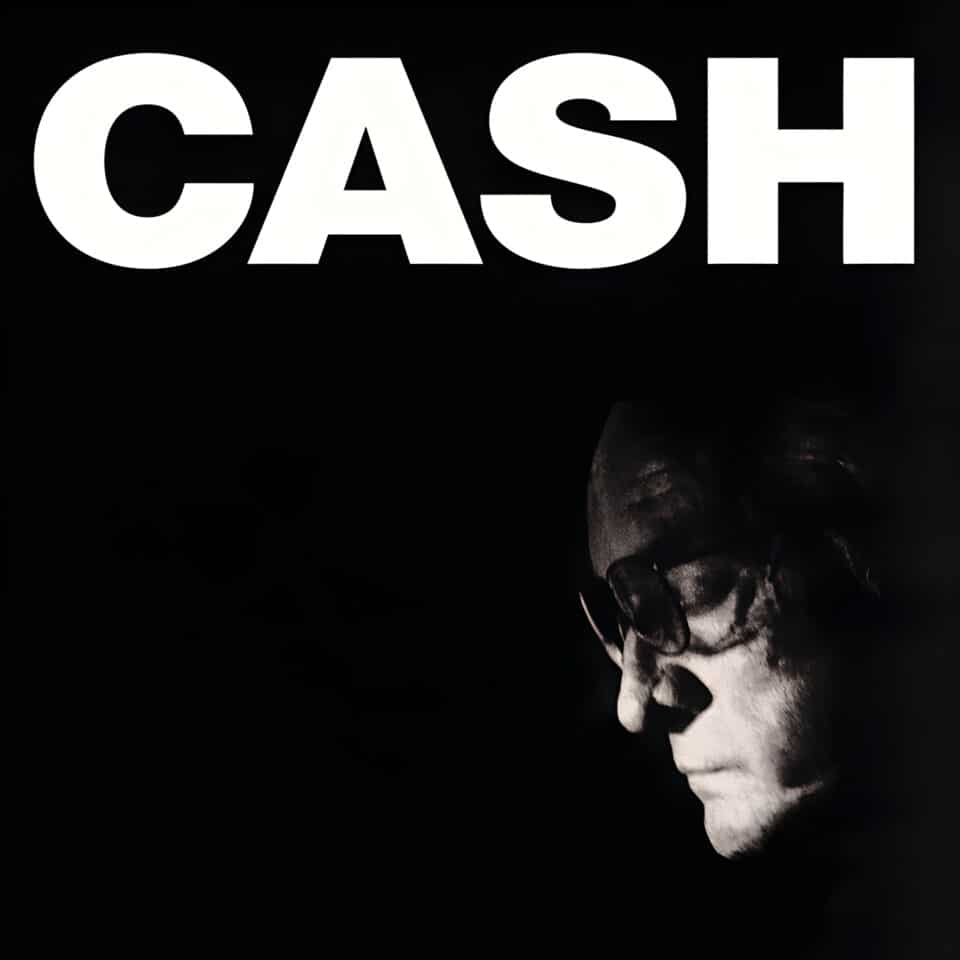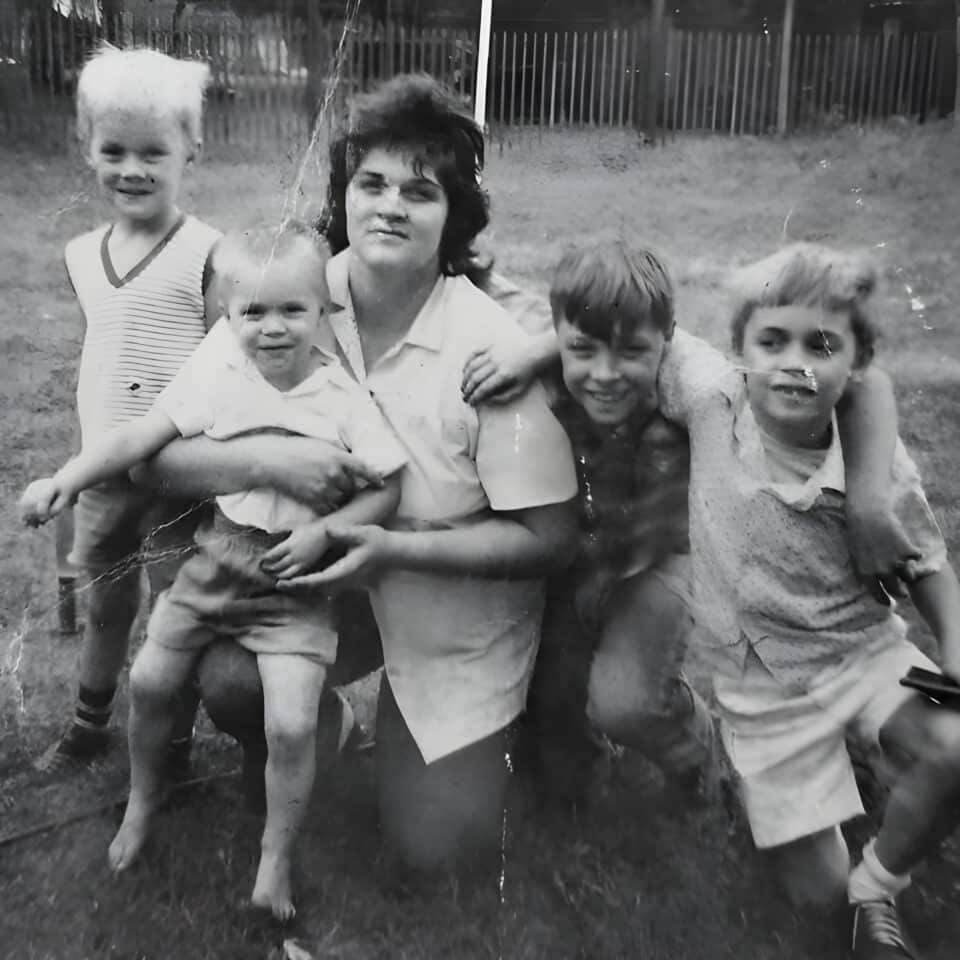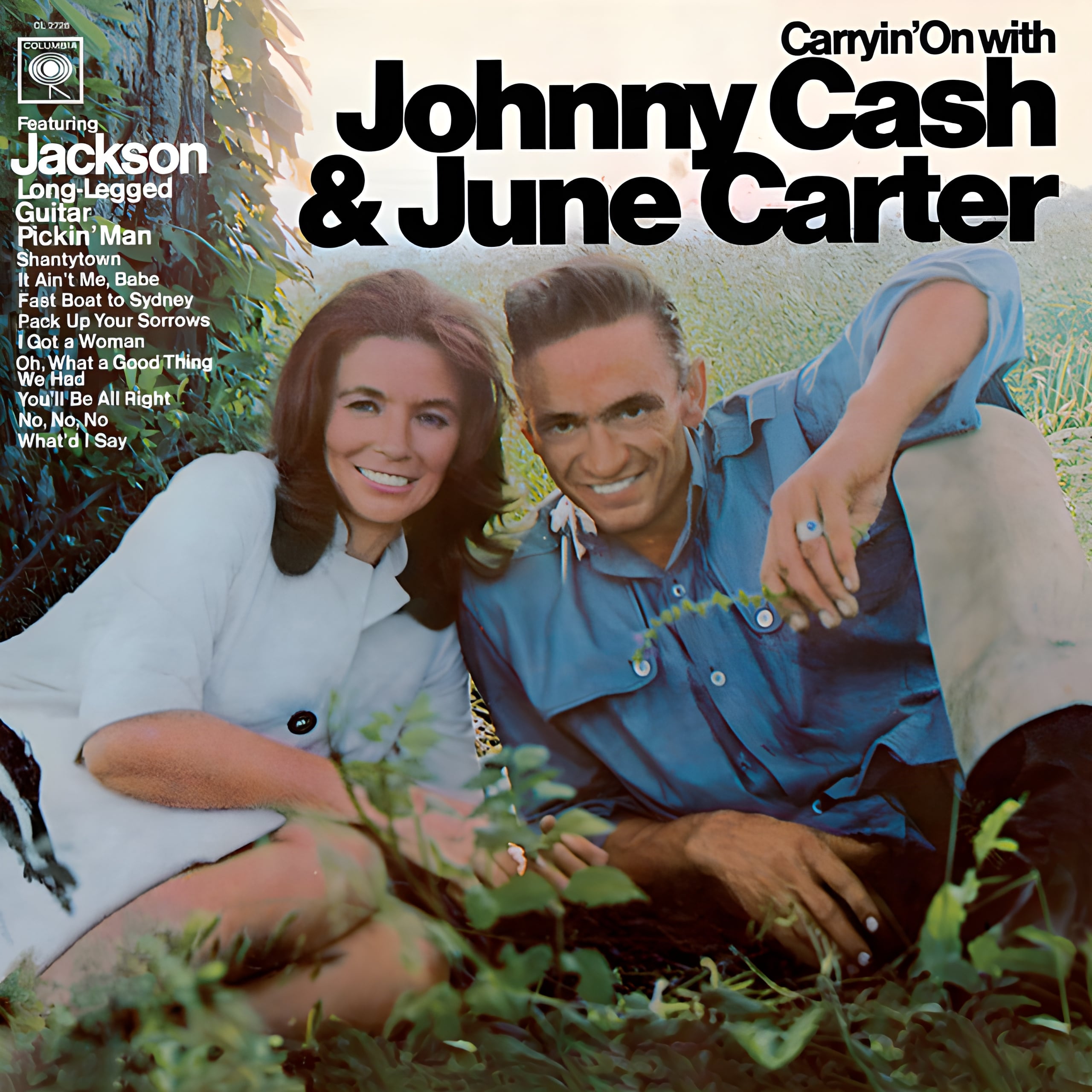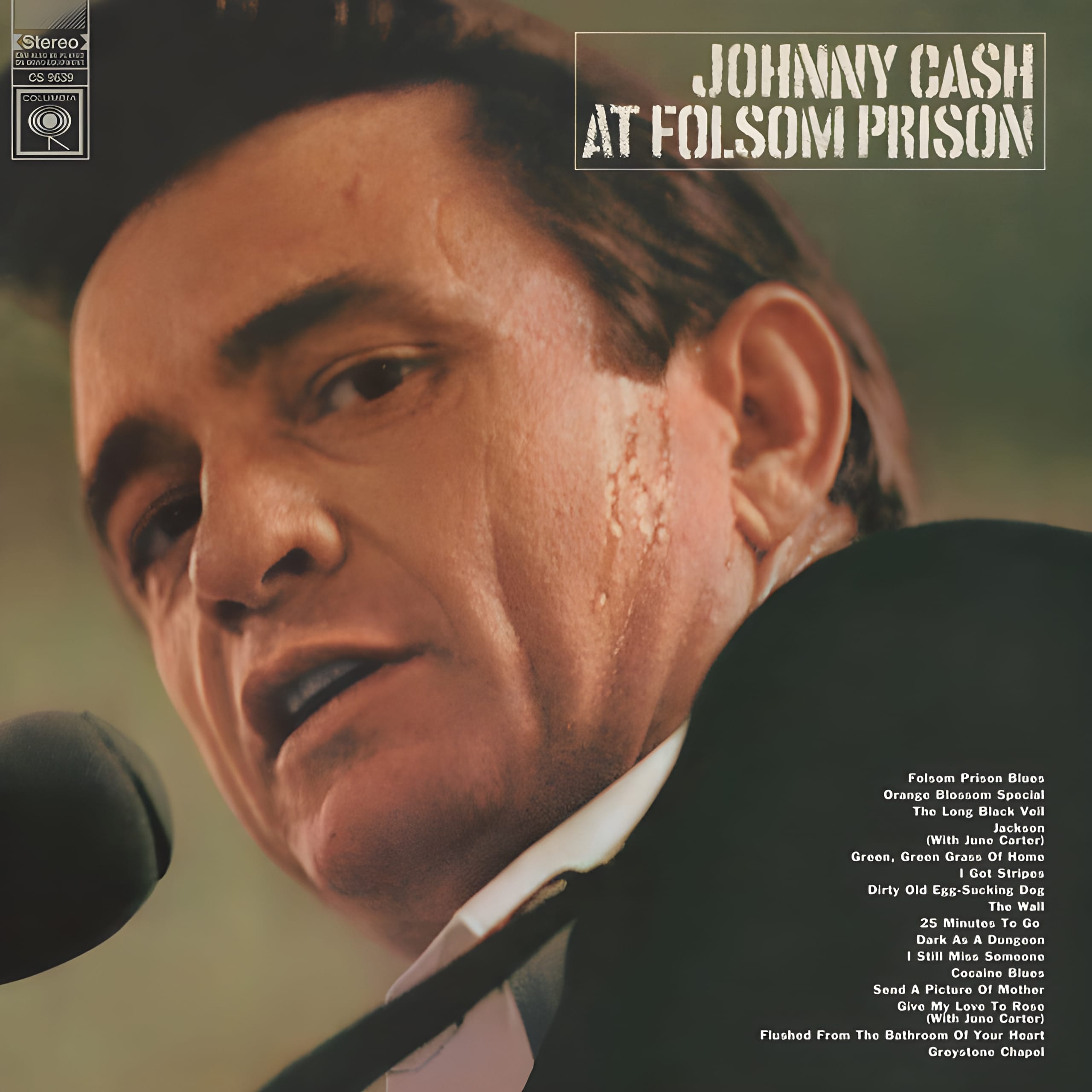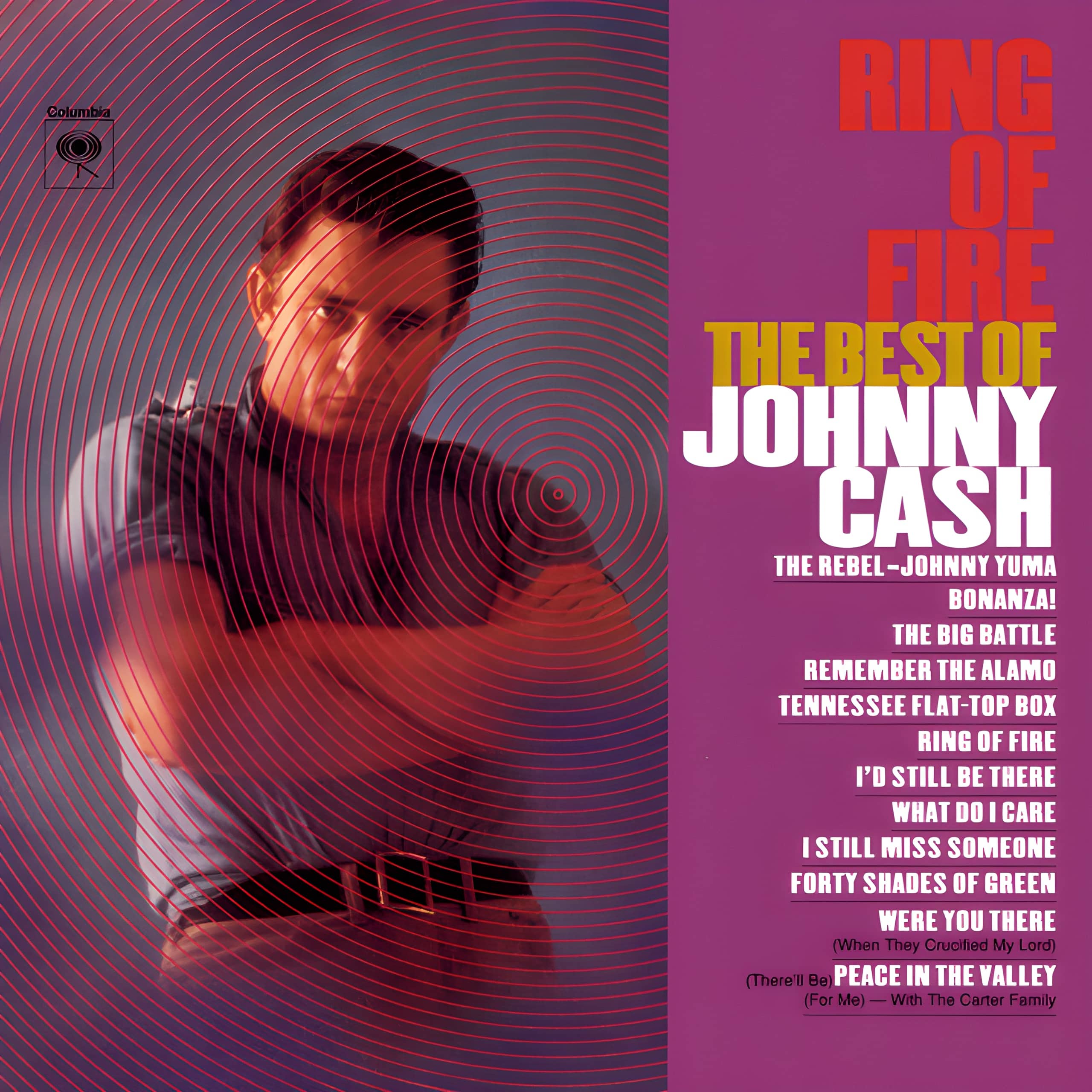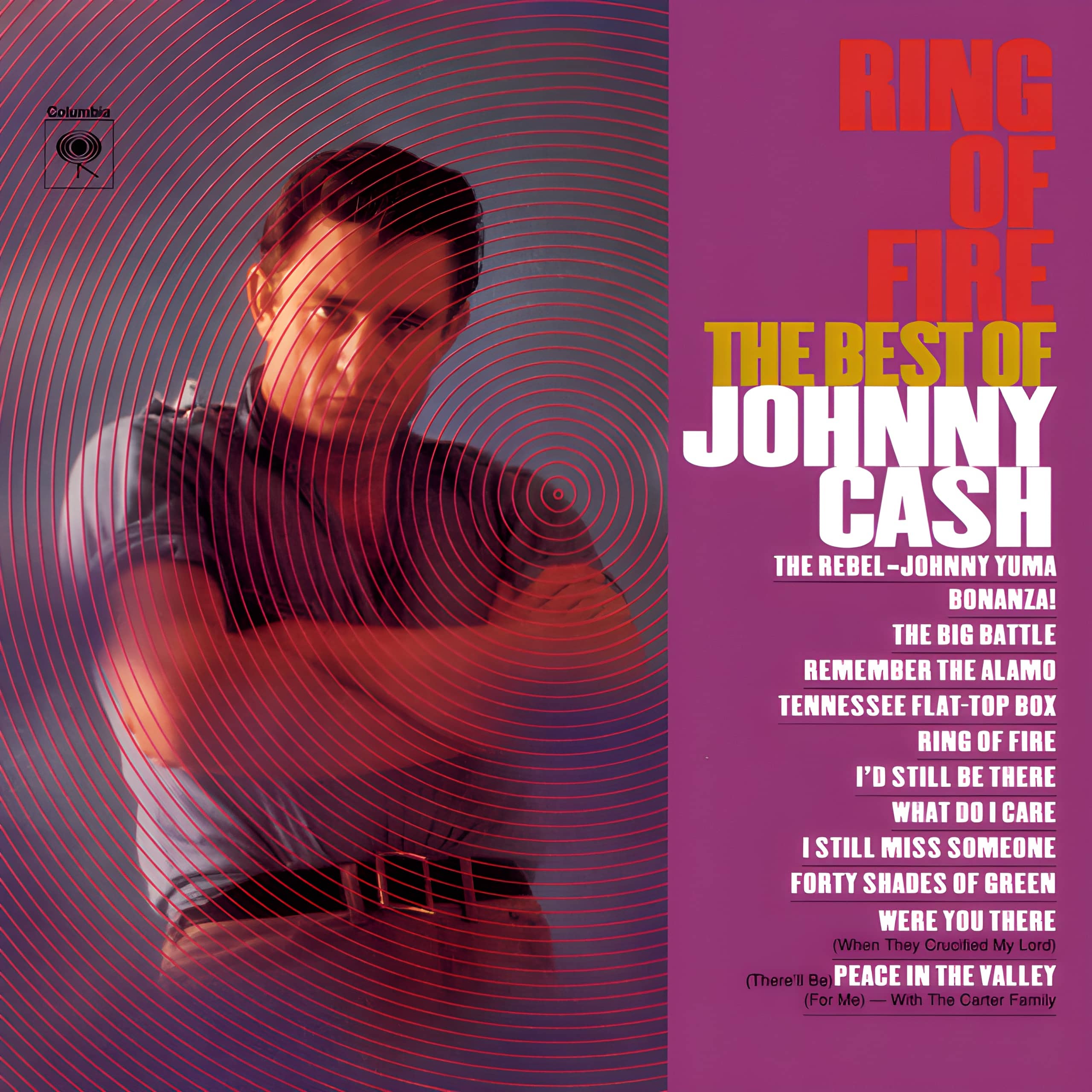Released: 2002
Johnny Cash’s cover of “Hurt” strips down to the raw edges of the soul, with lyrics searing into the fabric of what it means to be human, to feel, and inevitably, to suffer. It’s not just a song; it’s an intimate confession booth where honesty, regret, and the quest for redemption bleed together. This song, originally by Nine Inch Nails, gains a whole new depth and gravity when delivered by Cash’s weathered voice.
The opening lines, “I hurt myself today / To see if I still feel,” cut deep. Cash is talking about self-inflicted pain as a way to feel anything in a world that’s become numb. The mention of “The needle tears a hole / The old familiar sting” could be a nod to drug abuse, a common theme in tales of rock ‘n’ roll excess, but with Cash, it feels like a metaphor for any addiction or vice that we use to fill the voids in our lives, to try to kill it all away. Yet, no matter how we try, “I remember everything” hauntingly echoes the idea that some pains, mistakes, or memories can’t be erased or undone.
Then, Cash hits us with “What have I become / My sweetest friend.” Here’s a man confronting his own identity, looking in the mirror and questioning what’s left after everything and everyone fades away. The line “Everyone I know goes away in the end” isn’t just about death or separation; it’s about the inevitable loneliness that haunts us, the impermanence of relationships, and the idea that in the end, we face the consequences of our actions alone. His “empire of dirt” symbolizes the futility and transient nature of material wealth and earthly accomplishments, contrasting sharply with the desire for a legacy that outlasts life’s ephemeral nature.
“I wear this crown of thorns / Upon my liar’s chair” evokes images of Christ’s suffering, but here, it’s repurposed to symbolize Cash’s own torments and falsehoods. This imagery, coupled with “full of broken thoughts / I cannot repair,” paints a picture of a man burdened by his flaws and failures, trapped in the throne of his own making. The feeling of being unable to fix what’s broken inside resonates deeply with anyone who’s ever felt regret or self-doubt.
In the climax, “If I could start again / A million miles away / I would keep myself / I would find a way,” Cash voices a universal wish for redemption and the chance to rectify past mistakes. This longing for a fresh start, to preserve one’s essence amidst life’s trials, strikes a chord with the listener. It’s about desperation for change and the hope that it’s never too late to find a way back to who we were meant to be.
In “Hurt,” Johnny Cash encapsulates the essence of human frailty, regret, and the search for forgiveness. It’s a solemn reminder that our actions and choices echo into our futures, but also a testament to the resilient hope that, despite it all, we can find the strength to start anew. It’s a powerful reflection on life, loss, and the possibility of redemption that resonates long after the song ends.
